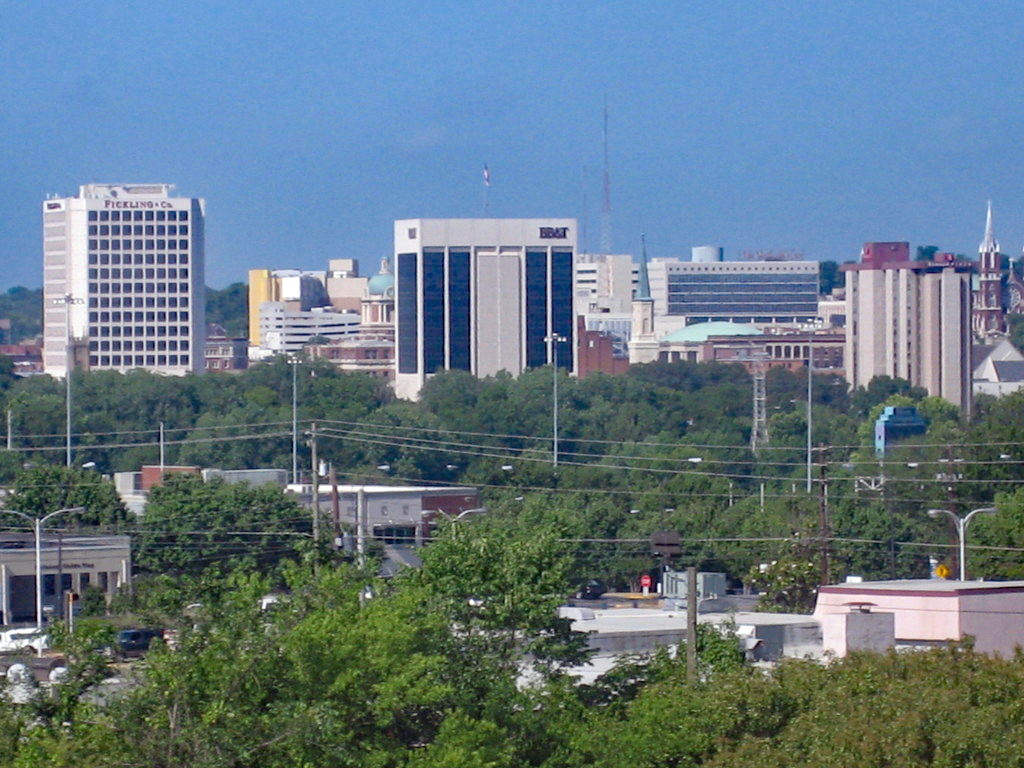
Moving to Macon, Georgia: A Comprehensive Relocation Guide
Considering moving to Macon, Georgia? This historic Central Georgia city offers music heritage, affordable living, and Southern charm. With approximately 155,000 residents in 2025, Macon combines antebellum architecture with soul music legacy and Georgia’s Heart location.
Demographic Profile to Consider If Moving to Macon:
Macon’s 2025 population is approximately 155,000 residents in the consolidated Macon-Bibb County in Central Georgia. The median age is around 35 years, with diverse working families, students, military personnel, and retirees. The population is approximately 67% Black or African American, 28% White, 3% Hispanic. Macon features historic neighborhoods with antebellum homes, Mercer University campus, Robins Air Force Base’s influence (nearby), and revitalizing downtown. The city’s identity centers on music heritage as birthplace of Otis Redding, the Allman Brothers Band, and Little Richard. Macon attracts those seeking affordable Central Georgia living with historic character. The community balances preservation with economic development. Find trusted local services for moving, living, and working in Macon.Macon Relocation Directory
Cost of Living to Consider If Moving to Macon:
Macon offers exceptional affordability for Georgia. Median home values range from $130,000 to $200,000 in 2025, among the state’s most affordable markets for a metro area. The median household income is approximately $45,000. Rental properties average $900 to $1,300 monthly. Georgia’s state income tax is 5.75%. Overall cost of living is very low compared to Georgia metros, making Macon highly attractive for first-time buyers, military families, retirees, and budget-conscious residents. The city provides tremendous value with historic architecture and cultural amenities at accessible prices. Housing costs create exceptional accessibility for diverse income levels.
Economy and Job Market:
Macon’s economy centers on healthcare, education, military, and manufacturing. Atrium Health Navicent Medical Center is the region’s largest employer providing extensive healthcare jobs. Mercer University employs faculty and staff while creating economic impact. Robins Air Force Base (15 minutes south) provides significant military-related employment. Geico operations and YKK manufacturing support the economy. Downtown revitalization efforts attract businesses. Major employers include healthcare, education, military support, and manufacturing. Typical industries include healthcare, education, logistics, and military-related sectors. The economy serves Central Georgia as a regional hub.
Education:
Bibb County School District serves Macon students with schools throughout the area. School quality varies significantly, requiring family research. Mercer University is a prestigious private university offering comprehensive programs. Middle Georgia State University serves the region. Central Georgia Technical College provides workforce training. The educational infrastructure serves the community with varied quality requiring school-by-school evaluation.
Recreation and Lifestyle:
Macon offers rich music heritage with the Allman Brothers Band Museum at the Big House, Otis Redding Foundation, and Georgia Music Hall of Fame (closed but legacy remains). The city hosts music festivals celebrating its legacy. Historic architecture includes thousands of antebellum and Victorian structures in neighborhoods like Ingleside Village. The Ocmulgee Mounds National Historical Park preserves Native American heritage with ancient earthworks. Tubman Museum celebrates African American art and history. The Grand Opera House and Capitol Theatre present performances. Amerson River Park offers outdoor recreation. Residents enjoy affordable living with cultural amenities unusual for a city this size. The lifestyle emphasizes music heritage, historic preservation, affordable living, and Southern culture. The four-season climate enables year-round activities. The community values music legacy, history, and affordability. Cherry blossom trees create spectacular spring displays earning Macon recognition.
Healthcare and Services:
Macon residents access comprehensive healthcare through Atrium Health Navicent Medical Center, Piedmont Macon Medical Center, and facilities throughout the region. The healthcare infrastructure serves Central Georgia as a regional medical hub with quality care.
Transportation:
Macon is accessed via Interstate 75, Interstate 16, U.S. Highway 80, U.S. Highway 41, and various corridors at the crossroads of Central Georgia. Middle Georgia Regional Airport provides limited commercial service. Macon Transit Authority operates bus routes throughout the city. Most residents use personal vehicles. Typical commute times within Macon are reasonable. The city’s central Georgia location provides access to Atlanta (90 minutes north) and Savannah (2.5 hours east).
Conclusion:
Moving to Macon in 2025 offers affordable historic living with soul music heritage, antebellum architecture, and Central Georgia location. The city’s combination of low housing costs, Allman Brothers legacy, and historic character makes it ideal for music lovers, history enthusiasts, and budget-conscious residents seeking Georgia’s Heart where soul music meets Southern charm and affordability defines authentic Central Georgia lifestyle.

